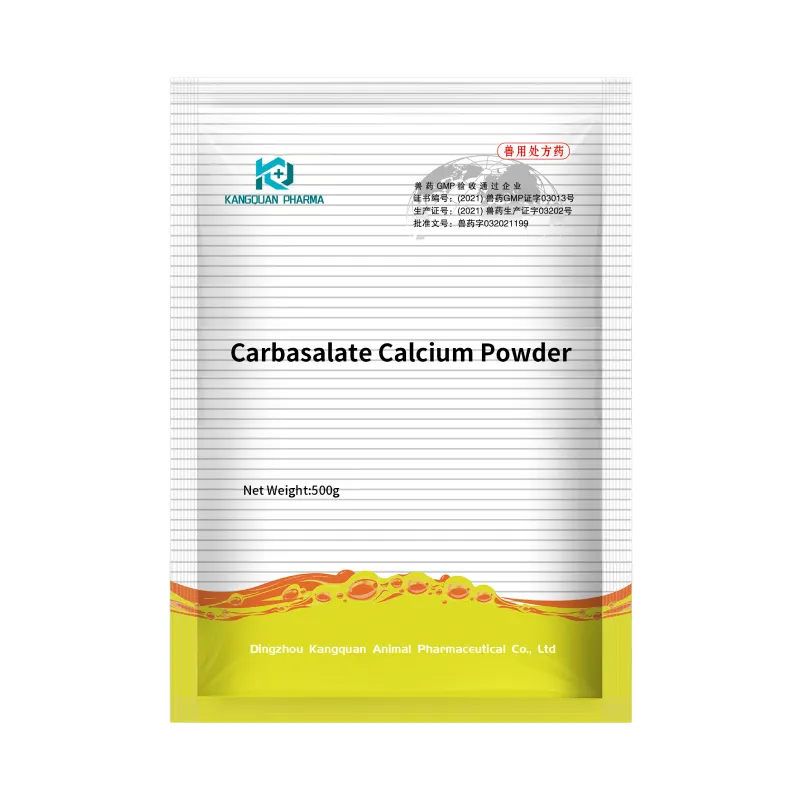- Afrikaans
- Albanian
- Amharic
- Arabic
- Armenian
- Azerbaijani
- Basque
- Belarusian
- Bengali
- Bosnian
- Bulgarian
- Catalan
- Cebuano
- Corsican
- Croatian
- Czech
- Danish
- Dutch
- English
- Esperanto
- Estonian
- Finnish
- French
- Frisian
- Galician
- Georgian
- German
- Greek
- Gujarati
- Haitian Creole
- hausa
- hawaiian
- Hebrew
- Hindi
- Miao
- Hungarian
- Icelandic
- igbo
- Indonesian
- irish
- Italian
- Japanese
- Javanese
- Kannada
- kazakh
- Khmer
- Rwandese
- Korean
- Kurdish
- Kyrgyz
- Lao
- Latin
- Latvian
- Lithuanian
- Luxembourgish
- Macedonian
- Malgashi
- Malay
- Malayalam
- Maltese
- Maori
- Marathi
- Mongolian
- Myanmar
- Nepali
- Norwegian
- Norwegian
- Occitan
- Pashto
- Persian
- Polish
- Portuguese
- Punjabi
- Romanian
- Russian
- Samoan
- Scottish Gaelic
- Serbian
- Sesotho
- Shona
- Sindhi
- Sinhala
- Slovak
- Slovenian
- Somali
- Spanish
- Sundanese
- Swahili
- Swedish
- Tagalog
- Tajik
- Tamil
- Tatar
- Telugu
- Thai
- Turkish
- Turkmen
- Ukrainian
- Urdu
- Uighur
- Uzbek
- Vietnamese
- Welsh
- Bantu
- Yiddish
- Yoruba
- Zulu
ডিসে. . 05, 2024 22:12 Back to list
tylosin 200 inj
An Overview of Tylosin 200 Injection Uses, Benefits, and Considerations
Tylosin is a macrolide antibiotic that is commonly utilized in veterinary medicine for the treatment of various bacterial infections in animals. Specifically, Tylosin 200 Injection refers to a specific formulation that contains the active ingredient tylosin tartrate at a concentration of 200 mg/ml. This potent injectable antibiotic is often used in livestock and poultry to combat infections caused by susceptible pathogens, thereby improving the overall health of the animals and the efficiency of agricultural production.
Uses of Tylosin 200 Injection
Tylosin 200 Injection is primarily indicated for the treatment of respiratory, gastrointestinal, and reproductive infections caused by Gram-positive bacteria and some Gram-negative bacteria. Livestock species such as cattle, pigs, and sheep, as well as poultry, can benefit from its administration. Some common conditions treated with Tylosin include
1. Respiratory Infections Tylosin is effective against various respiratory pathogens, thereby helping to alleviate conditions like pneumonia and bronchitis in livestock.
2. Colibacillosis In poultry, Tylosin aids in the treatment of colibacillosis caused by Escherichia coli infections, which can lead to significant morbidity and mortality in flocks.
3. Mycoplasma Infections Mycoplasma species, known for causing chronic respiratory disease in pigs and infectious respiratory disease in poultry, are susceptible to Tylosin, making this antibiotic an effective treatment option.
4. Other Bacterial Infections Beyond respiratory and gastrointestinal infections, Tylosin can be utilized for various other bacterial infections that affect the reproductive system or skin.
Benefits of Tylosin 200 Injection
The use of Tylosin 200 Injection in livestock and poultry offers several advantages
- Broad Spectrum of Activity Tylosin exhibits activity against a wide range of bacterial pathogens, making it a versatile option for treating multiple infections.
tylosin 200 inj

- Rapid Absorption and Efficacy The injectable formulation of Tylosin allows for quick absorption into the bloodstream, ensuring that therapeutic levels are reached promptly and that clinical improvement occurs rapidly.
- Reduced Mortality Rates Effective treatment of infections can significantly reduce mortality rates in affected animal populations, thereby supporting the health and welfare of the animals.
- Enhanced Productivity Healthier animals are more productive, leading to better growth rates, increased feed efficiency, and improved overall productivity in livestock and poultry operations.
Considerations for Use
While Tylosin 200 Injection can be highly effective, there are several important considerations to keep in mind
- Proper Diagnosis Before initiating treatment with Tylosin, a proper diagnosis should be established to ensure that the infection is caused by a susceptible organism. Veterinarians often recommend bacterial culture and sensitivity testing when applicable.
- Dosage and Administration Administering the correct dosage is crucial for the efficacy of the treatment and to minimize the risk of developing antibiotic resistance. Tylosin 200 Injection is typically administered once or twice a day, depending on the specific infection and the veterinarian’s recommendations.
- Withdrawal Period For food-producing animals, it is essential to comply with the withdrawal period recommended by veterinarians and regulatory agencies to ensure that no antibiotic residues remain in the meat or eggs consumed by humans.
- Resistance Management The overuse or misuse of antibiotics in animal husbandry can contribute to the development of antimicrobial resistance. Therefore, it is critical to use Tylosin judiciously and in conjunction with good management practices.
Conclusion
Tylosin 200 Injection is a valuable tool in the arsenal of veterinary medicines for managing bacterial infections in livestock and poultry. Its broad-spectrum activity and rapid efficacy can lead to improved animal health, reduced mortality, and enhanced productivity in agricultural settings. However, responsible usage, guided by veterinary expertise, is essential to maximize its benefits and minimize risks, particularly in the face of growing concerns regarding antibiotic resistance. As the veterinary field continues to evolve, ongoing research and adherence to best practices will ensure that Tylosin remains a safe and effective option for maintaining the health of farm animals.
-
Guide to Oxytetracycline Injection
NewsMar.27,2025
-
Guide to Colistin Sulphate
NewsMar.27,2025
-
Gentamicin Sulfate: Uses, Price, And Key Information
NewsMar.27,2025
-
Enrofloxacin Injection: Uses, Price, And Supplier Information
NewsMar.27,2025
-
Dexamethasone Sodium Phosphate Injection: Uses, Price, And Key Information
NewsMar.27,2025
-
Albendazole Tablet: Uses, Dosage, Cost, And Key Information
NewsMar.27,2025













